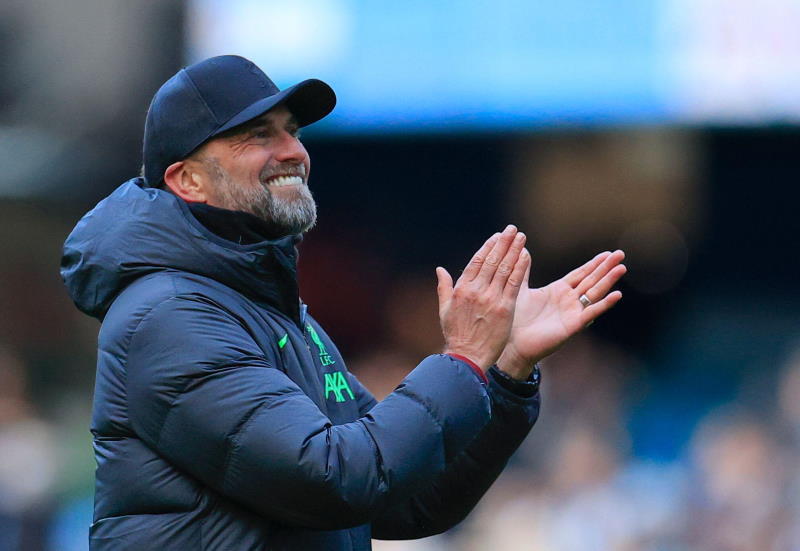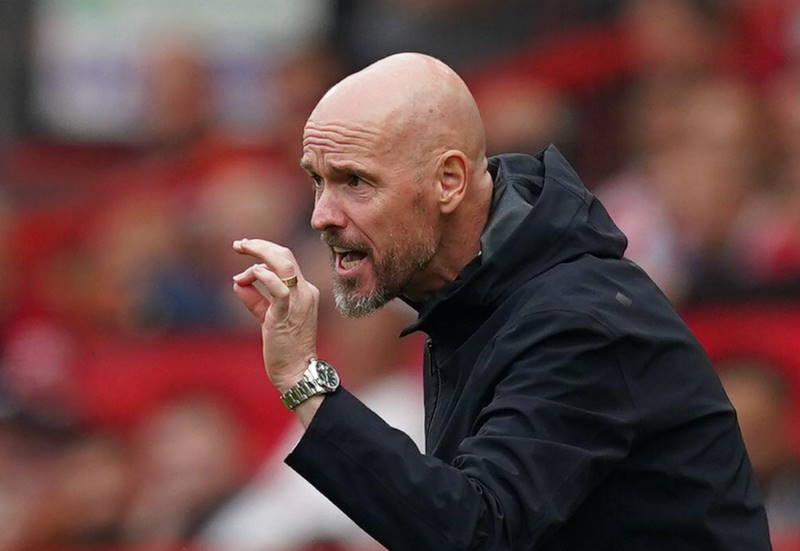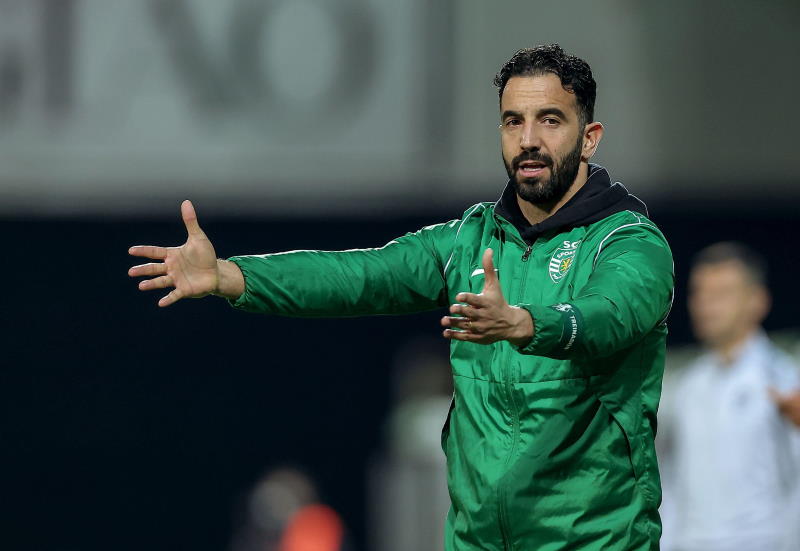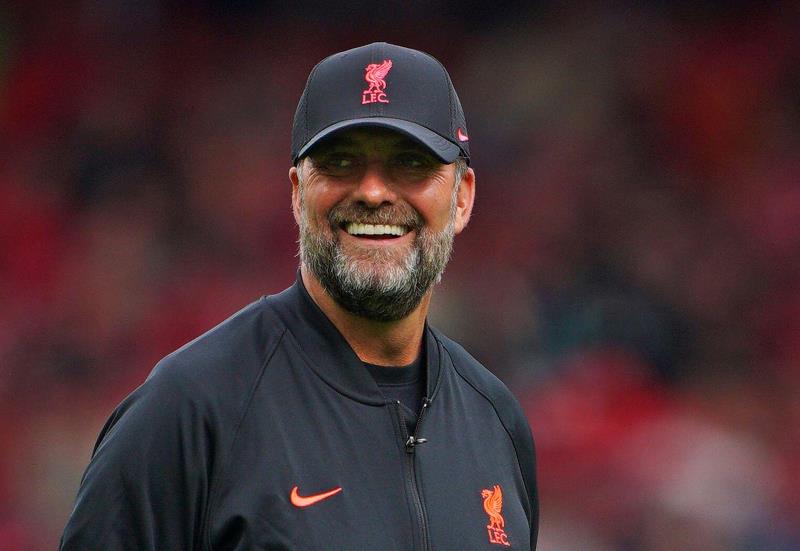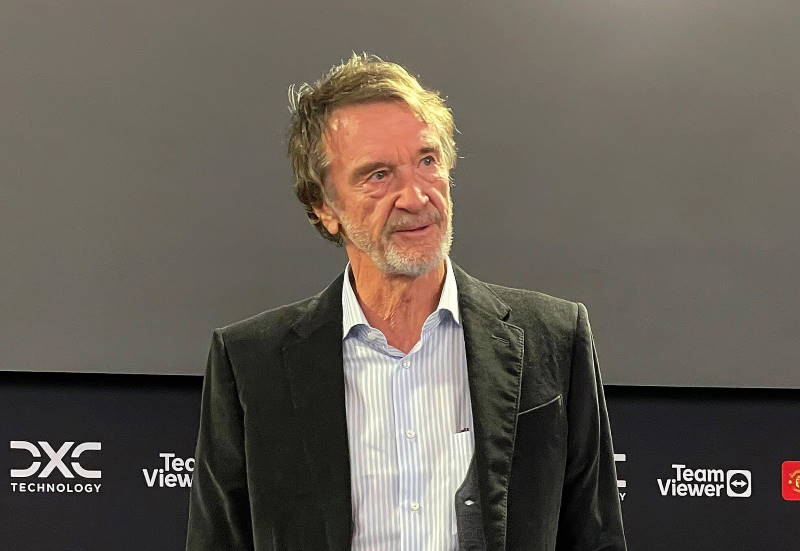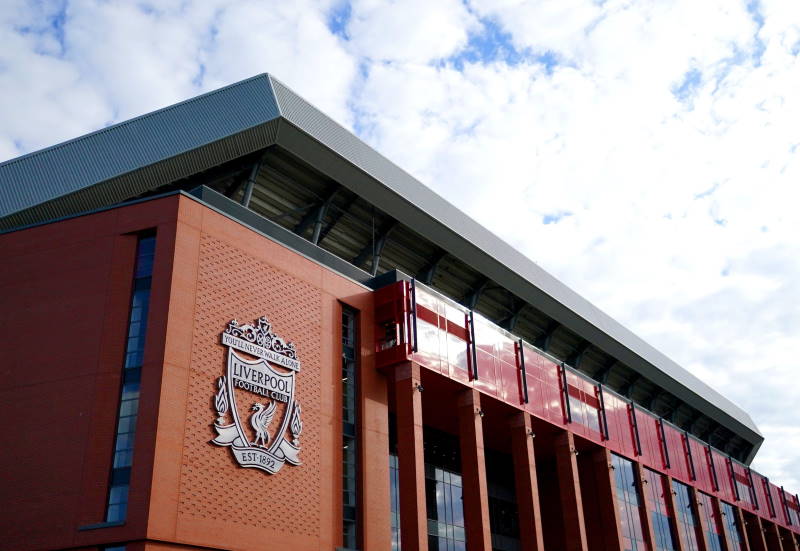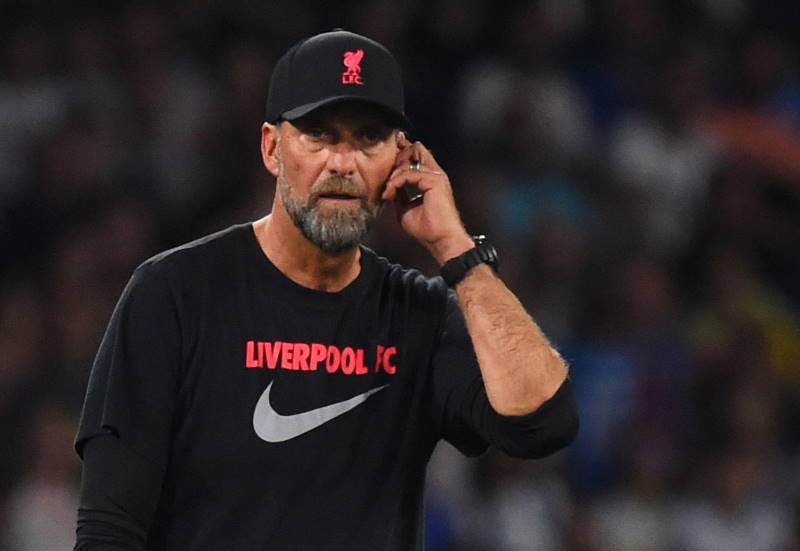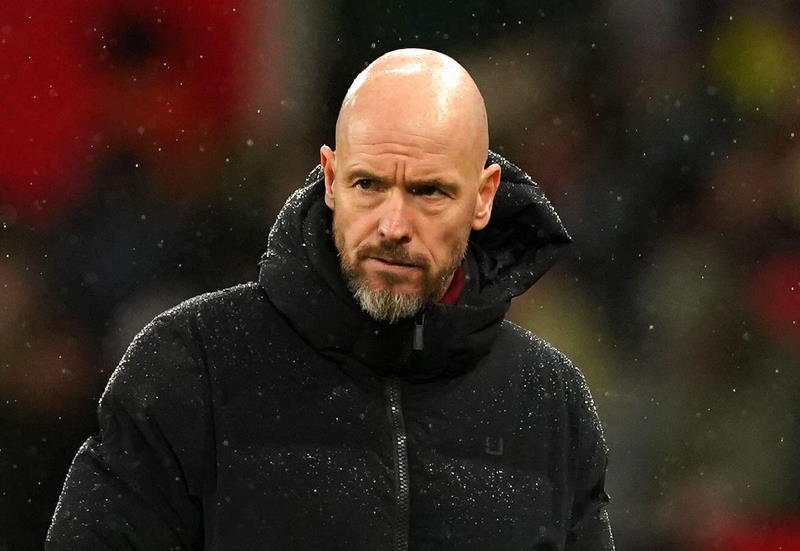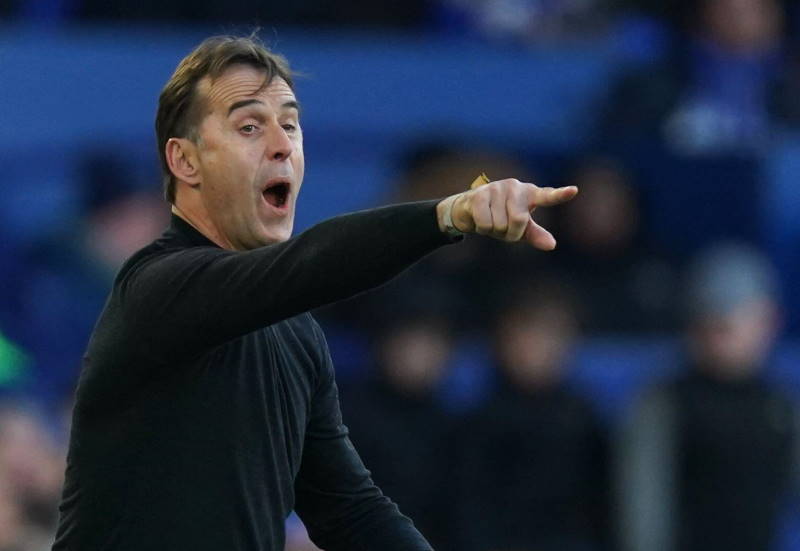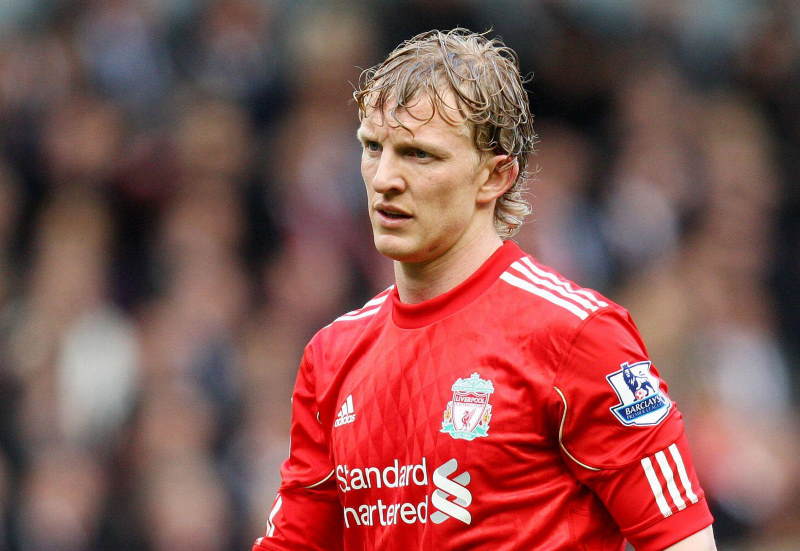
When the Spanish season came to close in May, Malaga’s fourth place finish seemed to confirm the validity of a project that could eventually offer a credible challenge to Barcelona and Real Madrid for La Liga’s crown. Three months later, on the eve of the club’s Champions League qualifier against Panathinaikos, that project is in disarray, with key directors and players departing, an owner who wants to follow them out of the exit door and delayed payment of transfer fees, player salaries and tax bills further adding to the malaise.
It wasn’t always thus. When the Qatari Sheikh Abdullah Al-Thani purchased the club in June 2010 he spoke of consolidating Malaga’s place in the top flight – they had survived on the last day of the previous season – and of steady improvement towards a long term goal of challenging the big two. A five-year plan for Champions League qualification was hatched. Over the course of the following year high quality appointments and significant investment into the playing staff combined to accelerate the club towards that goal.
Chilean coach, Manuel Pellegrini – formerly of Villarreal and Real Madrid – arrived in November 2010. Fernando Hierro left his post as sporting director at the Spanish Football Federation to take up the role of director of football in July 2011. He was soon joined by a new sporting director, Antonio Fernandez, who had worked alongside Paco Jimenez in Spain’s opposition scouting department at the 2010 World Cup and discovered Daniel Alves during his six-year tenure as a senior scout for Sevilla.
Just a few days after the takeover, Malaga paid €3.5M to Las Palmas for Salomon Rondon, which was, at the time, the club’s record outlay. That figure was bettered on seven occasions over the next year as Al Thani lavished a further €12M that summer, €12.4M in the January 2011 transfer window and €53.5M ahead of the 2011/12 season. The summer 2011 signings of Santi Cazorla, Jeremy Toulalan and Joaquin signalled the club’s intention to compete at the higher end of the league table.
Only two years into the five-year plan, Malaga achieved Champions League qualification. They had rarely convinced – illustrated by a goal difference of just +1 – but a strong second half of the season allowed them to pip Atletico Madrid and slow finishing Levante to fourth.
To the casual observer Malaga appeared to be in an envious position. Europe’s premier club competition and its associated wealth now awaited them, and their billionaire owner would surely be dipping into his pockets to improve the squad ahead of the next campaign. But there had already been some telltale signs early in 2012 that all was not well at La Rosaleda.
In late January it was revealed that Malaga had been banned from signing players in the winter transfer window as they had not paid the second part of the transfer fee owed to Osasuna for the purchase of Nacho Monreal or paid the IVA (Spain’s VAT equivalent) on the transfer of Cazorla from Villarreal. This was followed in March by criticism from German club Hamburg, who stated that they were still owed €1.75M from the transfer of centre-back Joris Mathijsen the previous summer. In light of the owner’s wealth such oversights appeared odd.
Confirmation of the extent of the behind the scenes troubles came just two weeks following the conclusion of the league season when Hierro tendered his resignation, stating that he was no longer ‘comfortable’ in his role.
The death of Jose Carlos Pérez in February had relieved Hierro of a key ally. Perez had worked at the club for over 30 years, had gained the confidence of Al Thani, and was instrumental in the hiring of Hierro, Fernandez and Pellegrini. He acted as an important go-between, negotiating with Al Thani and vice-president Adbullah Ghubn on Hierro’s behalf. Without his mediation, Hierro was unable to get clear decisions from the owners and grew frustrated with the financial impediments to his work brought about by the non-payment of transfer fees and IVA. The discontent voiced by players due to unpaid wages also grated.
Malaga’s debt to the tax office, other clubs and their players were mooted to sit at anywhere from €20-€90M. There were suggestions the club could be stripped of their Champions League place or even relegated if certain debts were not serviced before the 31st July. Four players – later confirmed to be Cazorla, Mathijsen, Rondon and Ruud van Nistelrooy – complained to the players’ union about non-receipt of wages.
The owners released a statement in which they spoke of the need to cut costs and bring the club in line with UEFA’s financial fair play regulations. Al Thani had earlier launched an attack against the Spanish football authorities via Twitter, denouncing the inequality of television deals. There were also reports in the local press that he was facing difficulties obtaining planning permission for his redevelopment of the Marbella port area. It was subsequently announced that he had put the club up for sale and was actively seeking buyers.
Fernandez was released from his contract, although protracted negotiations over severance pay mean that he is still technically in office, while Mathijsen joined Feyenoord for an undisclosed fee. The quick-fire sales of Cazorla and Rondon brought in somewhere in the region of €25M, allowing the club to reduce their €18M debt to the Spanish tax office and service their debts to Osasuna and Villarreal, resulting in the lifting of their transfer ban. Midfielder Ignacio Camacho confirmed that the board had paid a third of the money the squad were due in outstanding wages, as had been agreed.
It appears, then, that a degree of stability has now been reached, but that has not stopped other clubs circling in the hope of picking up bargains. The likes of Eliseu, Enzo Maresca, Monreal and Toulalan have all been linked with pastures new, while of most concern to Malaga supporters will be speculation surrounding the future of supremely talented Spain Under-21 international Isco, only 20 but already a key player whose importance has been further increased by the departure of Cazorla. Head of Communications, Victor Varela, has stated that the club are not actively looking to sell any of their remaining key players, especially not Isco, but that could very much hinge on the result of the now all-important Champions League qualifier against Panathinaikos.
Qualification for the group stage would surely lessen the need for additional financial cuts, allow Malaga to play out the upcoming season with their current squad and make them a more attractive proposal to potential buyers. A failure to do so could, however, invoke another fire sale, decimating further a first-team squad into which four B team players were drafted to make up the numbers for the qualifying tie.
By late evening on the 28th August, Spanish football should have a much better picture of Malaga’s realistic hopes for the season ahead. What is certain is that the idea of them supplanting Barcelona and Real Madrid at the head of La Liga is now little more than quaint pipe-dream.

